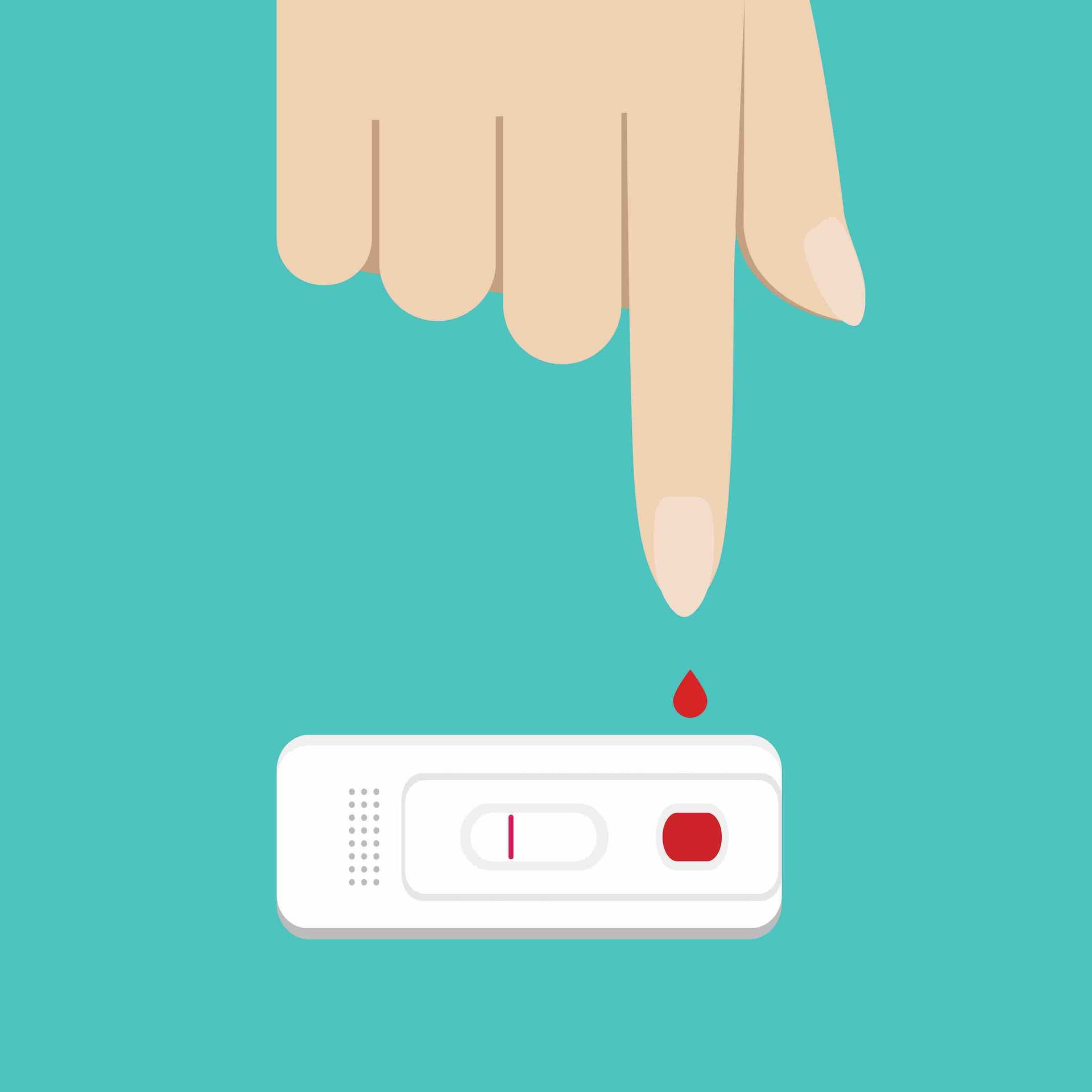
Gonorrhoea
Gonorrhoea is a prevalent sexually transmitted infection (STI) caused by the bacterium Neisseria gonorrhoeae. It affects both men and women and is typically transmitted through sexual contact with an infected person. Gonorrhoea can infect the genitals, rectum, and throat, and if left untreated, it can lead to serious health complications. Symptoms may include unusual genital discharge, pain or burning during urination, and in some cases, no symptoms at all. Prompt diagnosis and treatment are essential for managing Gonorrhoea and preventing its spread. Let's delve deeper into what you need to know about this STI and how to protect yourself.
What are the symptoms?
The symptoms of Gonorrhoea can vary between men and women, and some individuals may not experience any symptoms at all. However, when symptoms do occur, they typically manifest within a few days to a couple of weeks after exposure to the virus. Here are the common symptoms associated with Gonorrhoea:
In Men and those with penises
Unusual penile discharge: This may be white, yellow, or greenish in colour and often appears thick or pus-like.
Pain or burning sensation during urination: Discomfort or pain when peeing.
Swollen or painful testicles: Inflammation or discomfort in one or both testicles, though less common.
In Women and those with Vaginas
Increased vaginal discharge: An unusual discharge from the vagina that may be thin or watery and may have a strong odor.
Pain or burning sensation during urination: Discomfort or pain when peeing.
Abnormal bleeding between periods or after sex: Unexpected bleeding not related to menstruation.
In everyone:
Rectal symptoms: Pain, discharge, or bleeding from the rectum if the infection is present there, which can occur through receptive anal sex.
Throat infection: Sore throat or other throat symptoms if infected through oral sex, though this is less common.
Asymptomatic Cases:
Many people with Gonorrhoea do not experience any symptoms, which is why regular STI testing, especially for those with multiple sexual partners and do not use condoms, is crucial for early detection and treatment.
If you experience any of these symptoms or suspect you may have been exposed to Gonorrhoea, it's important to see a healthcare provider for testing and treatment. Prompt treatment not only helps alleviate symptoms but also reduces the risk of complications and prevents the spread of the infection to others.
How is Gonorrhoea acquired?
Gonorrhoea is primarily transmitted through sexual contact with someone carrying the virus. Here are the main ways it can be spread:
Condomless vaginal, anal, or oral sex: Gonorrhoea can be transmitted through any type of sexual activity involving contact with mucous membranes, such as the vagina, anus, or mouth.
Direct genital contact: Even without penetration, skin-to-skin contact between genitals can spread gonorrhoea.
Sharing sex toys: If sex toys are shared without being properly cleaned or covered with a new condom for each partner, they can transmit gonorrhoea.
Mother-to-child transmission: A pregnant woman with gonorrhoea can pass the infection to her baby during childbirth, which can lead to serious health issues for the newborn.
It's important to note that Gonorrhoea can be transmitted even if the infected person doesn't have any symptoms. Therefore, practicing safer sex measures, such as using condoms or dental dams consistently and correctly, can reduce the risk of transmission. Regular testing for STIs, especially if you have multiple sexual partners and don’t use condoms, is also important for early detection and treatment of Gonorrhoea and other infections. As Gonorrhoea is a bacterial infection it can be acquired through performing oral sex, if not using barrier protection, and in some cases, deep kissing.
How do you prevent Gonorrhoea acquisition?
It's important to note that gonorrhea can be transmitted even if someone doesn't have any symptoms. Therefore, practicing safer sex measures, such as using condoms or dental dams consistently and correctly, can reduce the risk of transmission. Regular testing for STIs, especially if you have multiple sexual partners, is also important for early detection and treatment of gonorrhea and other infections. As gonorrhea is a bacterial infection, it can be acquired through performing oral sex without barrier protection. Preventing gonorrhea primarily involves practicing safer sex and taking proactive measures to reduce the risk of transmission. Here are some key prevention strategies:
Use condoms consistently and correctly: Condoms provide a barrier that can significantly reduce the risk of gonorrhea transmission during vaginal, anal, and oral sex. It's important to use condoms from start to finish with each sexual encounter.
Communicate with partners: Open and honest communication with sexual partners about STIs, testing, and safer sex practices is crucial for preventing gonorrhea transmission. Discussing sexual history and getting tested together can help foster trust and reduce the risk of infection.
Get tested regularly: Regular STI testing, including gonorrhea testing, is important. Testing allows for early detection and treatment, which can prevent the spread of gonorrhea and its complications.
Avoid sharing sex toys: If sex toys are used, clean them thoroughly between uses and consider using condoms or barriers to prevent the spread of gonorrhea and other STIs.
By incorporating these prevention strategies into your sexual health practices, you can reduce the risk of gonorrhea transmission and protect yourself and your sexual partners from infection.
How is Gonorrhoea treated?
Gonorrhoea is typically treated with antibiotics, which are highly effective in clearing the infection. Here are the key aspects of treating Gonorrhoea:
Prescription antibiotics: The most common antibiotics prescribed for Gonorrhoea are cephalosporins (such as ceftriaxone) or azithromycin. These antibiotics work by killing the Gonorrhoea bacteria. Treatment usually involves a single injection of ceftriaxone and oral azithromycin.
Complete the full course: It's important to take the full course of antibiotics as prescribed, even if symptoms improve or disappear before the medication is finished. Failure to complete the treatment can result in the infection persisting or recurring.
Overall, Gonorrhoea is easily treatable with antibiotics, but prompt diagnosis and treatment are essential for preventing complications and reducing the risk of transmission to others. If you suspect you have gonorrhoea or have been exposed to the virus, it's important to see a healthcare provider for testing and treatment.
PEP & PrEP
Do you know about PEP and PrEP? Click here to learn about PEP and PrEP.
HIV Testing
Click below to learn more about HIV testing and how you can access a free HIV home testing kit.
Services Near Me
Maybe you can't find what you're looking for, or feel that you need to find a sexual health service near you.


